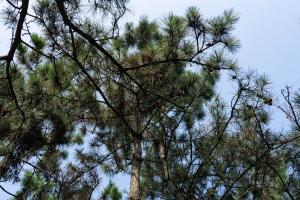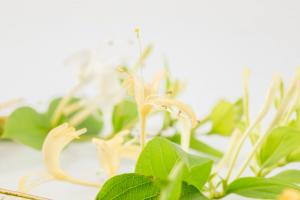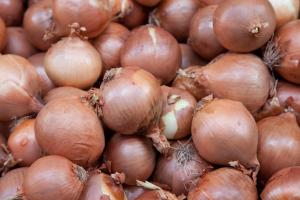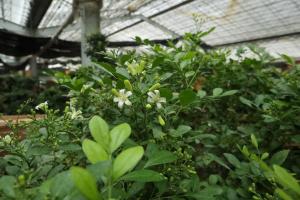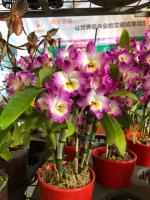Is Light from a Lamp Good for Plants?
Plants need light to survive, but not all light is created equal. In nature, plants receive specific wavelengths of light, including ultraviolet (UV) and infrared (IR) light, which they use for different functions such as photosynthesis and regulating growth. However, when it comes to indoor gardening, many people turn to artificial light sources such as lamps. But is light from a lamp good for plants? Let's take a closer look.
The Benefits of Lamp Light for Plants
Firstly, lamp light can provide a consistent light source for plants. Natural light varies in intensity depending on weather conditions, time of day, and season, and this can affect the growth of the plant. With a lamp, you can control the intensity, duration, and spectrum of light, which can help create ideal growing conditions for your plants.
Secondly, lamp light can be especially beneficial for those living in areas with low natural light conditions. For example, in winter months or in buildings without access to natural light, plants may struggle to thrive without an artificial light source.
The Drawbacks of Lamp Light for Plants
However, not all lamps are suitable for plant growth, and there are some potential drawbacks to using lamp light. Firstly, most lamps emit a narrow spectrum of light compared to natural light. This can limit the plant's ability to photosynthesize and grow properly. Secondly, some lamps may produce excess heat or emit harmful UV radiation, which can damage the plant or encourage fungal growth.
Choosing the Right Lamp for Your Plants
When choosing a lamp for indoor gardening, there are a few things to consider. Firstly, look for a lamp that can provide a broad spectrum of light. Full-spectrum lamps are designed to mimic natural light and provide the wavelengths of light that plants need for photosynthesis and growth. Secondly, consider the intensity and duration of light needed for your specific plant type. Some plants require more light than others, so it's important to choose a lamp that can provide the necessary amount of light. Finally, make sure to choose a lamp that doesn't produce too much heat or emit harmful UV radiation.
The Bottom Line
Light from a lamp can be good for plants, as long as the right lamp is chosen and used correctly. Artificial light can be especially beneficial for those living in areas with low natural light conditions or for supplementing natural light. However, it's important to remember that plants do best with a broad spectrum of light and the right intensity and duration. With the right lamp, you can provide your indoor plants with the ideal growing conditions they need to thrive.

 how many times do yo...
how many times do yo... how many planted tre...
how many planted tre... how many pine trees ...
how many pine trees ... how many pecan trees...
how many pecan trees... how many plants comp...
how many plants comp... how many plants can ...
how many plants can ... how many plants and ...
how many plants and ... how many pepper plan...
how many pepper plan...